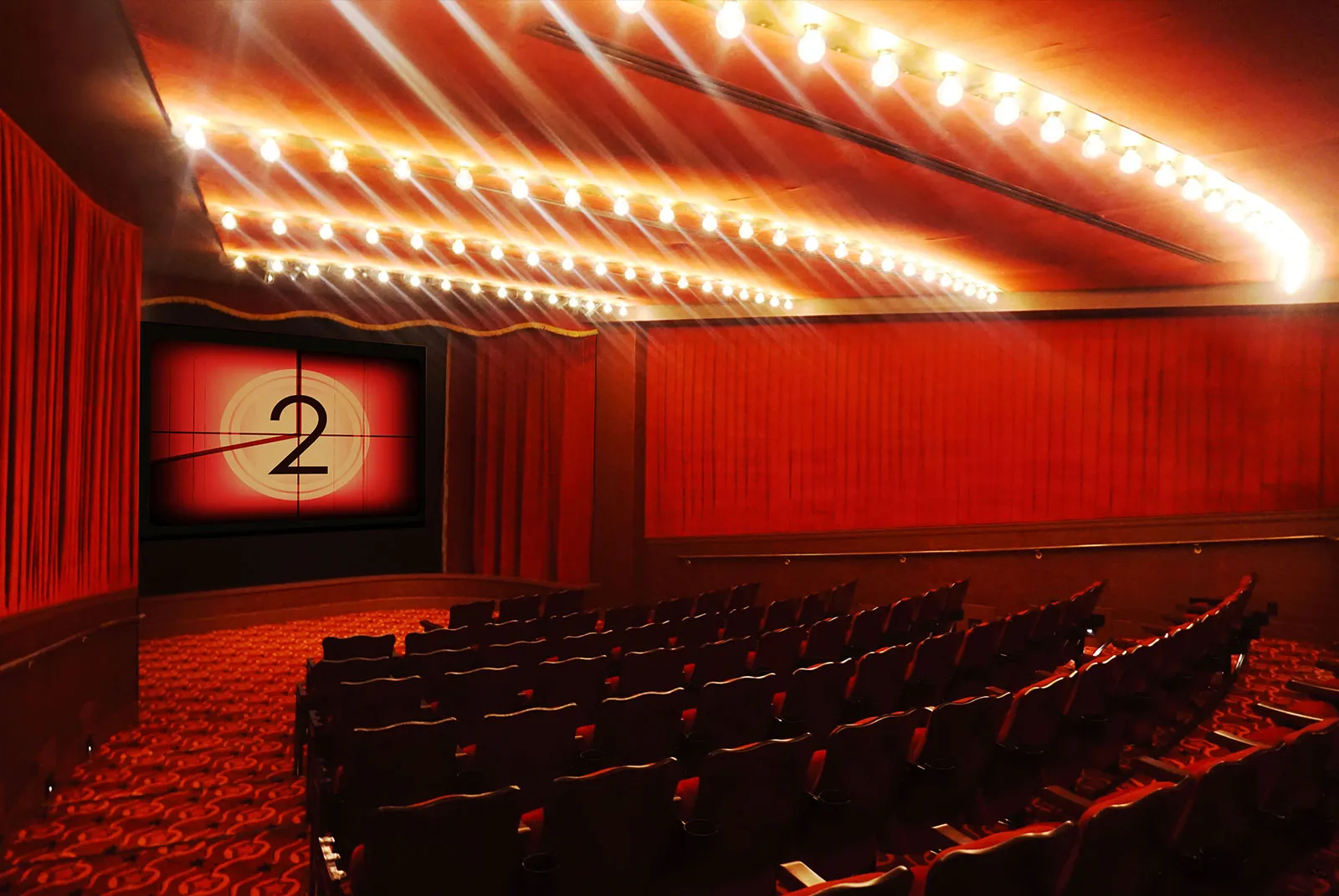===INTRO:===
Music has a unique power to elevate a film from mere storytelling to an unforgettable cultural phenomenon. Some soundtracks become so intertwined with the movies they accompany that they transcend the screen, resonating with audiences for generations. Whether it’s a soaring orchestral theme or a catchy pop hit, these tunes have the magic to transport us back to iconic moments, evoke deep emotions, and even redefine the very essence of cinema. Today, we celebrate the most iconic movie soundtracks of all time—those shimmering melodies that have left indelible marks on our hearts and on the history of film.
Melody Magic: Unforgettable Tunes That Define Movie Classics
From the opening notes of Star Wars to the infectious beat of Saturday Night Fever, certain soundtracks become the heartbeat of their movies. John Williams’ legendary score for Star Wars is a prime example, with its triumphant fanfare instantly recognizable and forever linked to epic space battles and heroic adventures. Similarly, the enchanting melodies of The Sound of Music, composed by Richard Rodgers and Oscar Hammerstein II, have become timeless, capturing the spirit of hope and resilience that continues to inspire audiences today. These memorable tunes do more than underscore scenes—they define entire eras and cultural moments.
Pop culture has also been forever changed by soundtrack hits that skyrocketed to mainstream fame. Think of Queen’s “Bohemian Rhapsody” from Wayne’s World or “My Heart Will Go On” by Celine Dion from Titanic. These songs not only enhanced their films but also charted on the Billboard Hot 100, becoming anthems that outlived the movies themselves. Such tunes often introduce viewers to new genres, artists, and styles, blurring the lines between cinema and popular music in a cheerful celebration of musical synergy. They prove that a great soundtrack can turn a good movie into an unforgettable cultural phenomenon.
On a more orchestral level, film composers like Ennio Morricone and Hans Zimmer have crafted soundtracks that elevate storytelling to new heights. Morricone’s haunting score for The Good, The Bad, and The Ugly transformed a spaghetti Western into a sonic legend, while Zimmer’s powerful themes for Inception and The Dark Knight have become synonymous with cinematic intensity. These composers understand that music isn’t just background—it’s a narrative device that can evoke emotion, build tension, and make scenes legendary. Their work reminds us that sometimes, the soundtrack is as crucial as the actors and visuals in creating movie magic.
From Screen to Soul: Celebrating the Soundtracks That Changed Cinema
Some soundtracks do more than accompany a film—they revolutionize the industry and influence generations of filmmakers and musicians. The Psycho shower scene, paired with Bernard Herrmann’s screeching strings, set a new standard for suspenseful scoring, proving that music can be as terrifying as the visuals. Similarly, the Jaws theme by John Williams became the blueprint for how music can craft suspense, turning a simple motif into a universal reminder to stay alert. These pioneering soundtracks show how powerful music can be in shaping the cinematic experience.
The cultural impact of iconic soundtracks extends beyond the theater. Films like Grease and Footloose have songs that became dance floor staples, while The Lion King’s soundtrack, featuring songs by Elton John and Tim Rice, became a Broadway and pop phenomenon. These soundtracks have inspired countless covers, parodies, and adaptations, proving that a great movie song can transcend its initial context and become a part of everyday life. They remind us that a perfect song for a film can inspire joy, nostalgia, and even a sense of community among fans worldwide.
Finally, some movie soundtracks have the power to shape entire genres or redefine cinematic storytelling. The groundbreaking Blade Runner score by Vangelis created a futuristic soundscape that influenced sci-fi movies for decades. Meanwhile, Frozen’s Let It Go became an anthem of empowerment, inspiring millions and demonstrating how a soundtrack can become an uplifting cultural touchstone. These compositions remind us that soundtracks are not just accompaniments—they’re integral to storytelling, mood-setting, and cultural identity. When a film’s music hits the right notes, it leaves a legacy that echoes through time and space.
===OUTRO:===
As we’ve seen, some movie soundtracks are more than just background music—they are an essential part of film history and cultural memory. They have the power to move us, inspire us, and define generations. Whether through sweeping orchestral melodies, unforgettable pop hits, or genre-defining scores, these musical masterpieces have enriched the cinematic experience and become timeless classics. So next time you hear that perfect film tune, remember—you’re listening to a piece of movie magic that has stood the test of time, echoing in our hearts forever.
